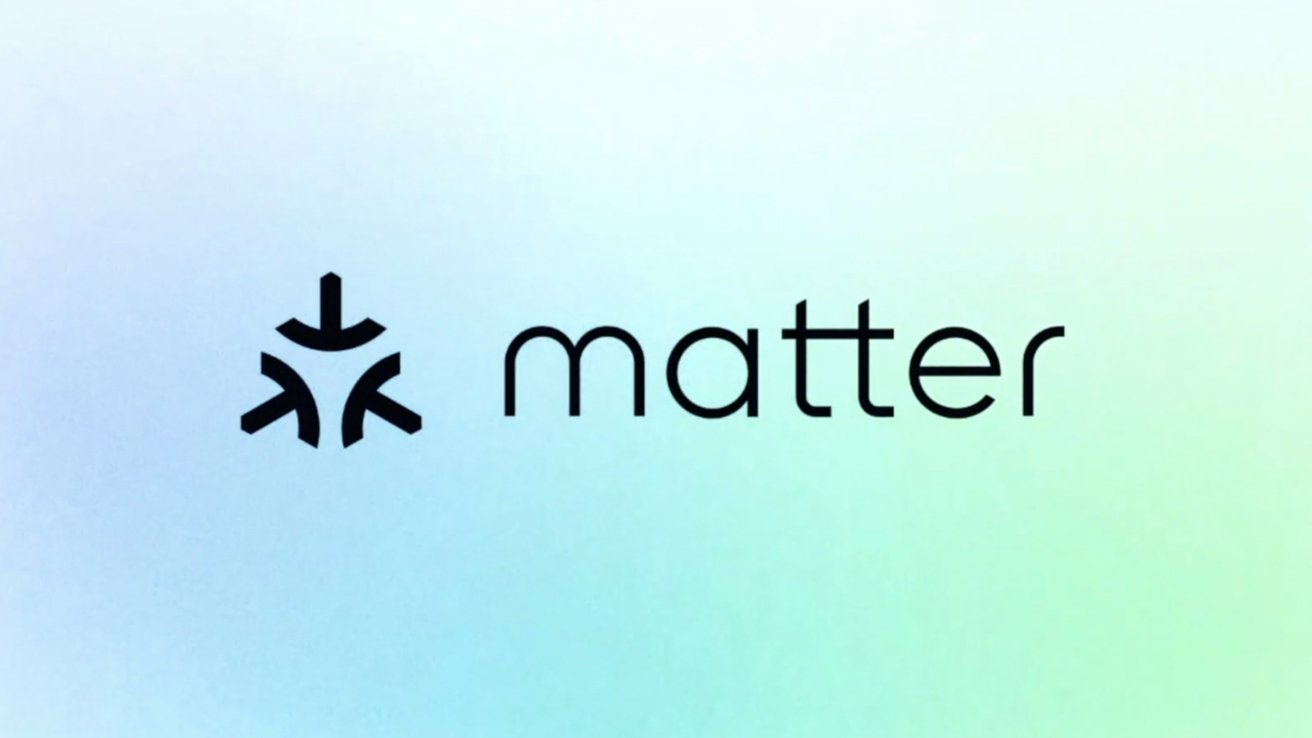Astrophysicist Adam Frank raises an intriguing question at Big Think: Does biology transmit more information per second than technology? He suggests that life is fundamentally different from matter and energy because it deliberately utilizes information.
Frank points out that while other physical systems, like stars, can be described in terms of information, they do not use that information in the deliberate way that life does. By “use,” he means the deliberate storage, replication, transmission, and processing of information for a specific purpose.
The concept of the origin of life is complicated by this fundamental difference. It’s not clear how traditional physical and chemical processes on their own could have given rise to something as fundamentally new as life.
A collaboration between Frank, Manasvi Lingam, and Amedeo Balbi has led to an open-access paper that seeks to estimate the global information flow within nature (the biosphere), which they calculate to be approximately 10^24 bits per second. This is nine orders of magnitude higher than the information produced by human endeavors (the technosphere).
The researchers believe that this balance is likely to shift in the future. With the rapid expansion of digital technology, the technosphere is projected to surpass the biosphere in terms of information transfer by the beginning of the 22nd century (the projected date is 2113). This means that by 2113, the human-created technosphere will be transmitting more bits than the biosphere, from which humans emerged.
Frank ponders whether this shift could represent a turning point in the evolution of our species. However, it’s important to exercise caution. Both of these figures are based on numerous assumptions, and the trajectory of the next 90 years remains uncertain.
Albert Einstein is often attributed with the quote, “I do not know with what weapons World War III will be fought, but World War IV will be fought with sticks and stones.” This serves as a reminder that many societies throughout history have ceased innovation or even experienced technological regression.
There is an update regarding the accuracy of information from the BBC in an earlier version of this article, which experimental physicist Rob Sheldon has advised is not accurate. He emphasizes that several experiments have been conducted to determine the “weight” or “energy content” of information, and the consensus is that it is minimal and positive. Mind Matters News expresses regret for this error.
As many have observed, making predictions, particularly about the future, is challenging. Nevertheless, gaining a deep understanding of the ways in which information differs from matter and energy will serve us well.
Note: For further exploration of information-related puzzles, Robert J. Marks provides additional insights here.
You may also find it interesting to read: Can information be separated from intelligence? Part 1. Marcello Barbieri has observed that many biologists regard the biological information found in life forms as something that “does not really belong to science.” Barbieri aims to integrate physicalism with an acknowledgment of information in biology, as information, unlike chemistry, is inherently immaterial.














